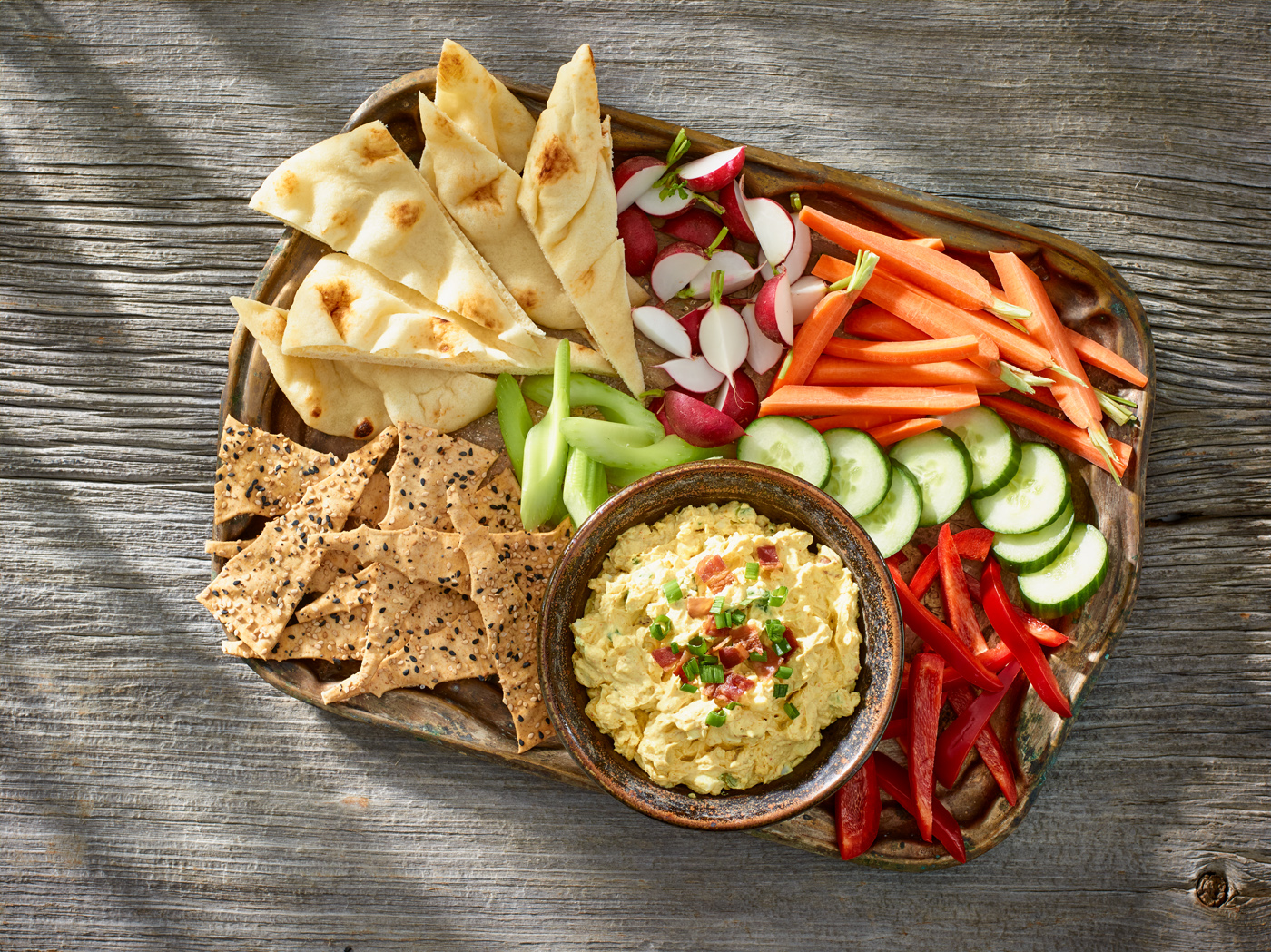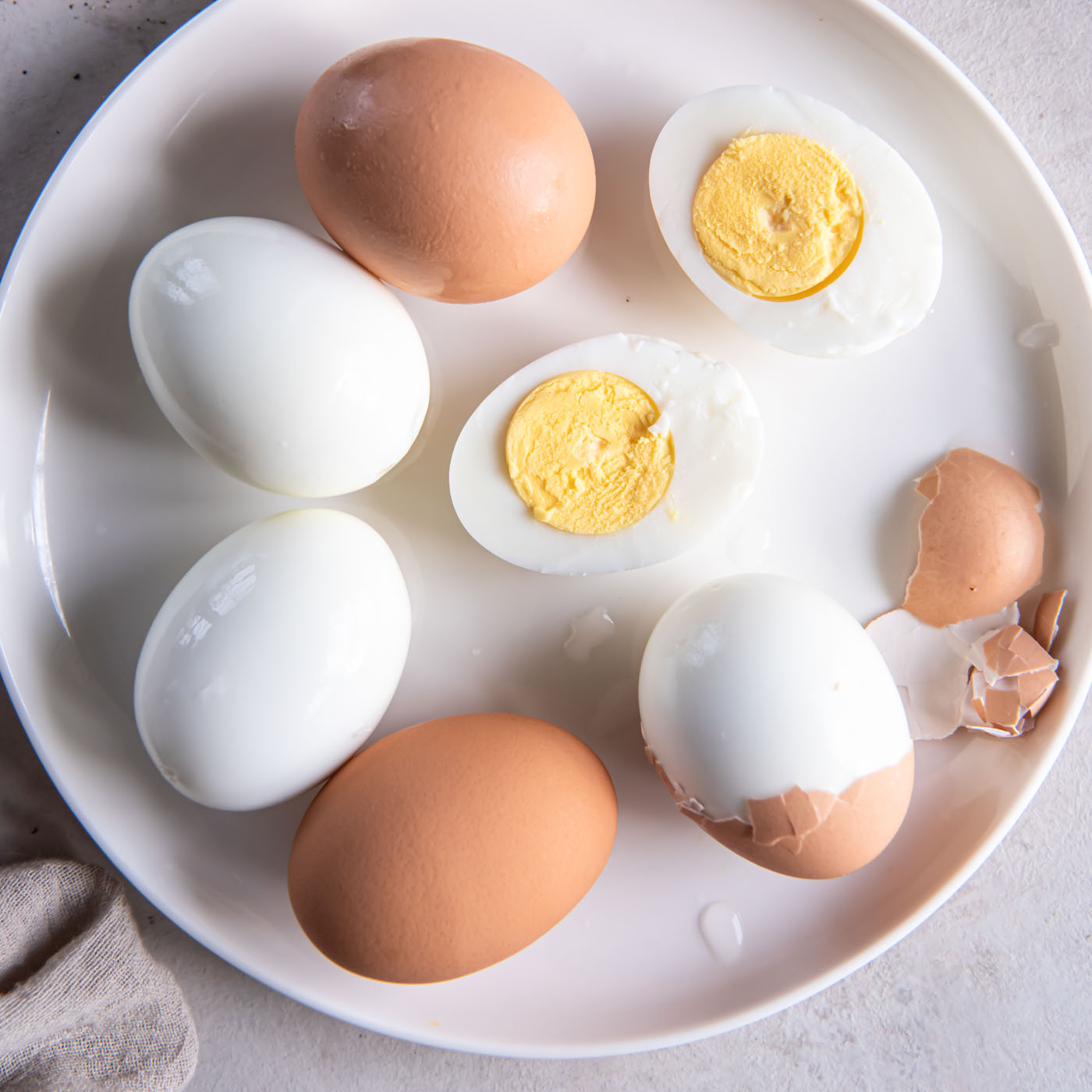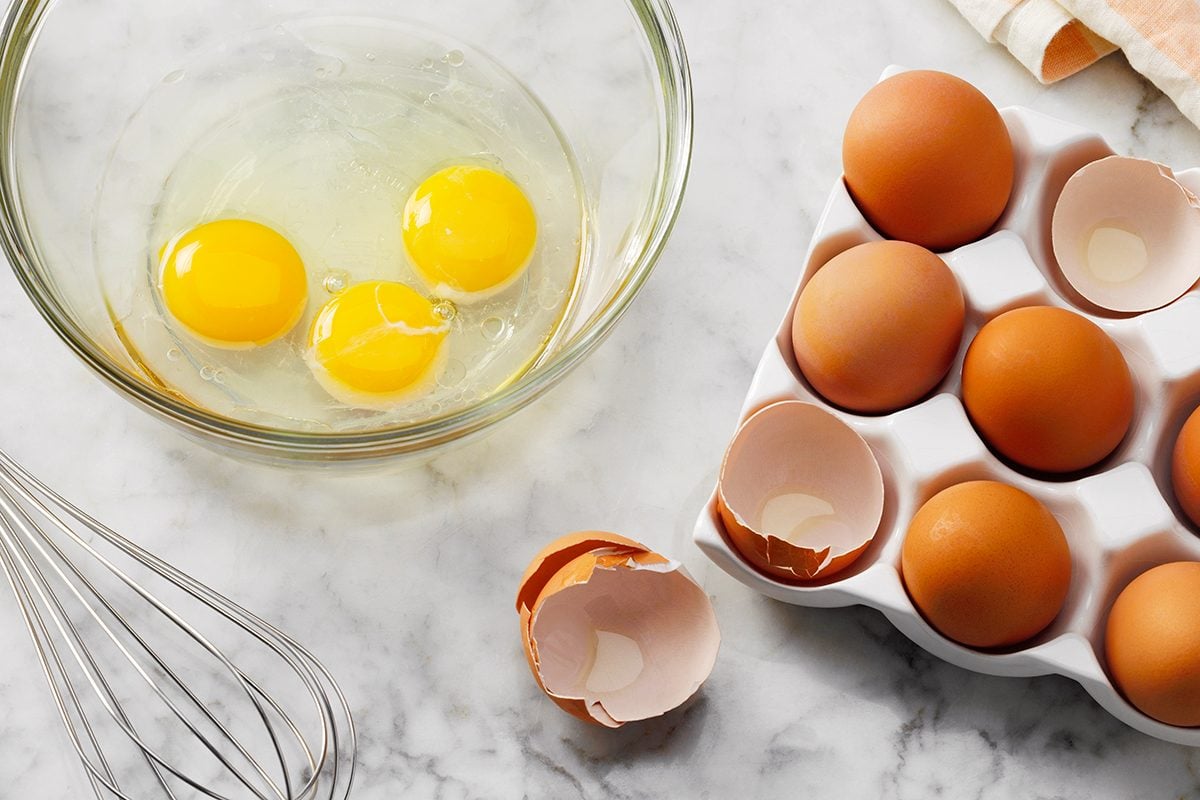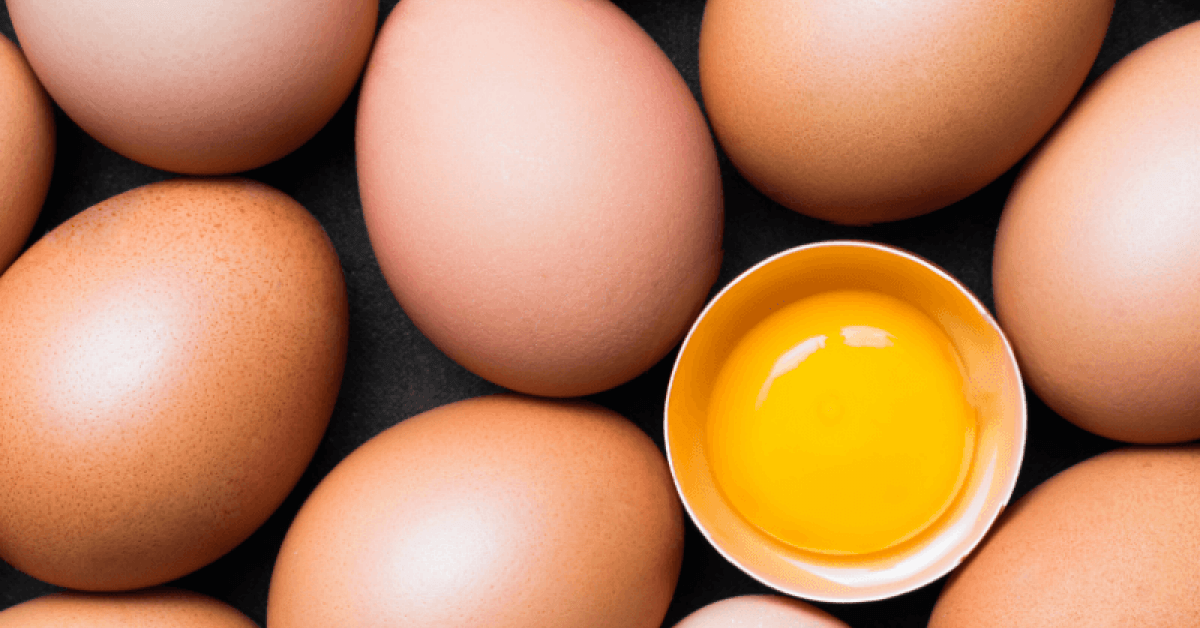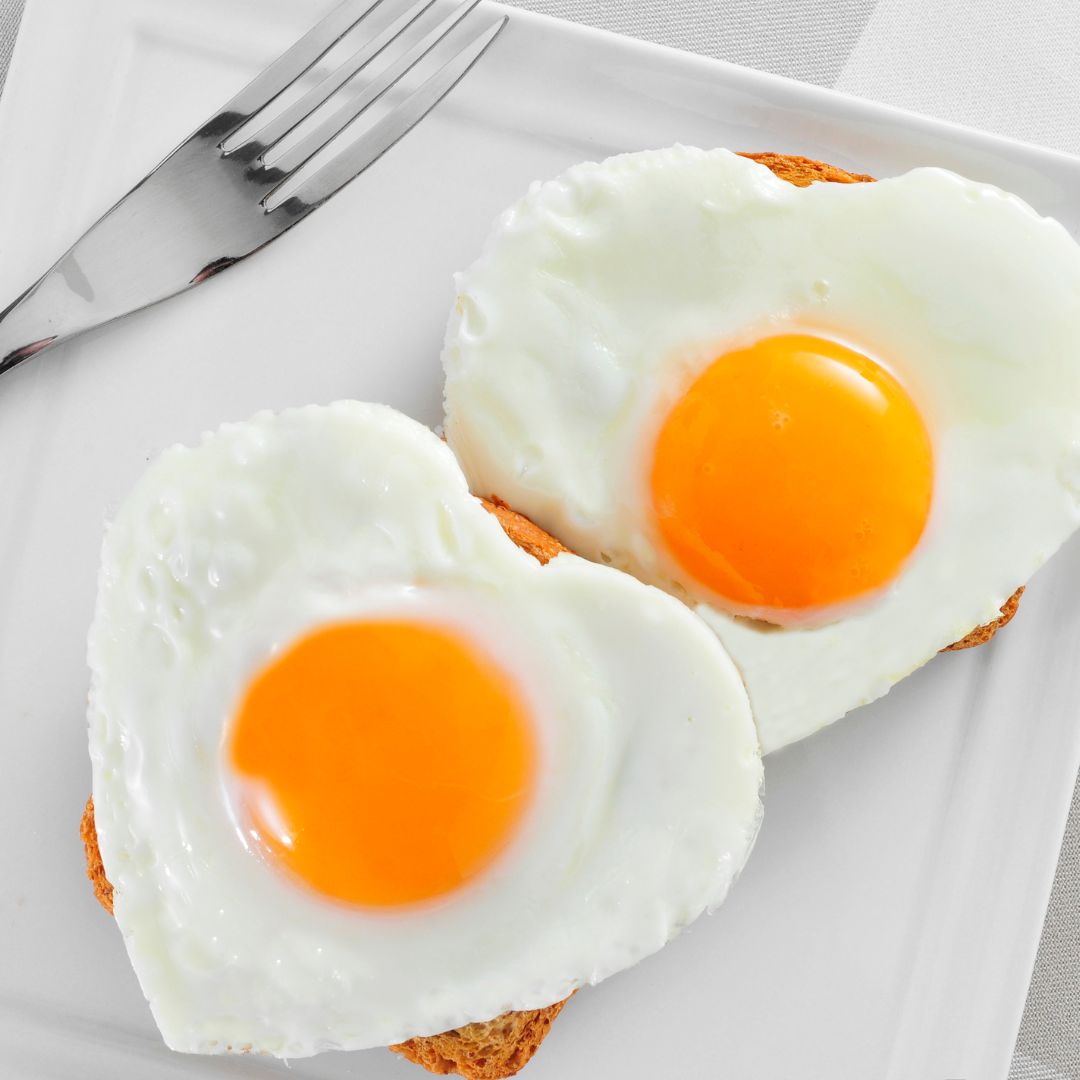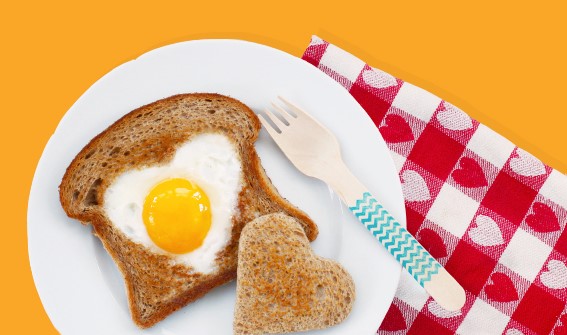When it comes to eating for vitality and recreational sport, it is important to understand how our body utilizes food as energy. So before your soccer or squash match, we want to make sure you’re choosing the right foods to boost your energy and fuel your muscles.
Foods to Avoid Before Workout:
• Foods high in fibre (over 5 grams per serving) add bulk and slow digestion. This will feel heavy in the stomach before a workout.
• Fatty foods slow digestion and may lead to discomfort if consumed close to a workout.
• Sweets cause a quick rise and fall in blood sugar and don’t sustain lasting energy.
Instead, before a workout, choose options like fruits, whole grain breads, a small muffin or cold cereal (low in sugar and moderate in fibre).
Protein Timing:
• Your pre-sport snack should contain protein if consumed 2 hours or more before exercise. This is because protein slows the absorption of carbs and makes them less available for energy.
• Foods like eggs, lean meats (turkey, chicken breast, roast beef, ham), light peanut butter, fish and low-fat dairy or soy products are excellent choices.
Time-Guide to Recreation Sports Nutrition:
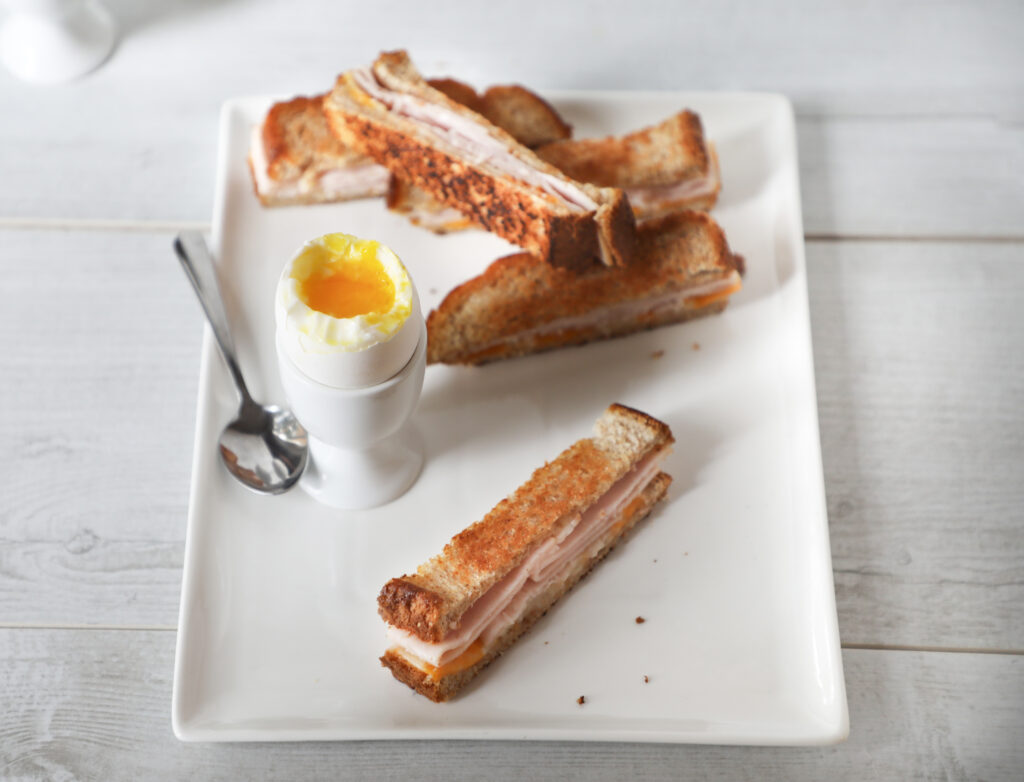
2 to 4 Hours Before Exercise: Balanced Meal (Carb, Protein and Veggies)
Examples: Sandwich with low fat protein, stir-fry, egg & toast, cheese & fruit platter, peanut butter & crackers, pasta with meat/lentil sauce, etc.
1-2 Hours Before Exercise: High Carb, Moderate Protein, Low Fat Meal
Examples: Cereal with milk, hard-cooked egg & fruit, sports bar (less than 10 grams of protein), or yogurt fruit smoothie
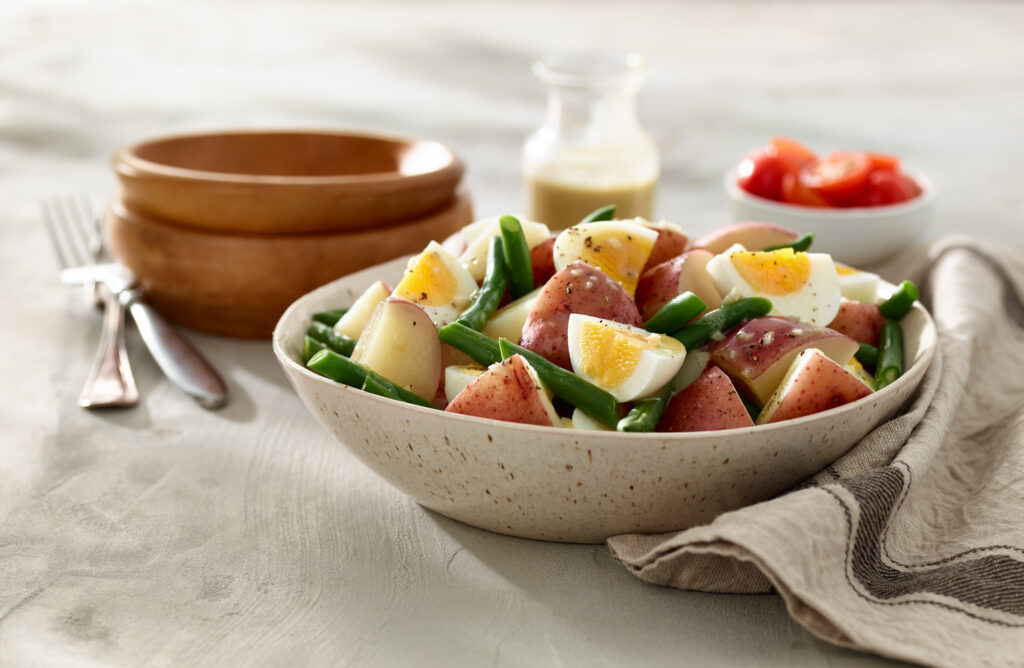
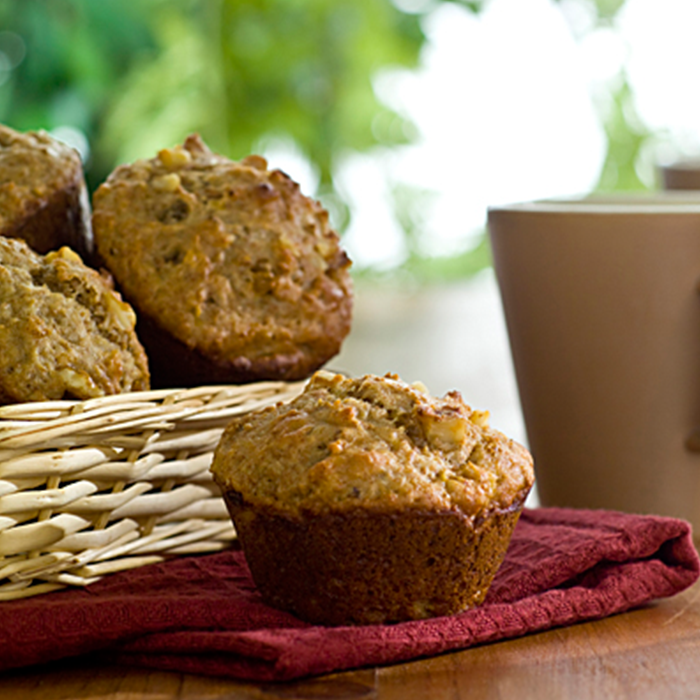
1 Hour Before Exercise: High Carb, Low Protein, Low Fibre, Low Fat Meal
Examples: Fresh fruit, crackers, dry cereal (low fibre/protein), homemade muffin
What to Eat for Recovery?
After your volleyball match or whatever physical activity you choose, your body is ready to be re-fueled. Aim to consume carbohydrates to replenish your muscle fuel and protein to stimulate muscle synthesis and repair. Veggies are great to include for vitamin, mineral and antioxidant boosts.
Examples: Omelette and toast, Whole grain pasta with a meat/lentil and veggie sauce, peanut butter/tuna/chicken/egg/salmon sandwich, Chinese rice with edamame/tofu/chicken, high protein cereal and milk, naan pizzas, etc. https://www.getcracking.ca/recipes/veggie-egg-fried-rice
Don’t forget to stay hydrated! Staying well-hydrated keeps your body performing well. Your body is made up of 60% water, so well-hydrated muscles experience less fatigue and are less prone to injury and soreness the next day.
Hydration Timing:
1. Be sure to PRE-HYDRATE: drink about 500mL of water 30 to 60 minutes BEFORE exercise.
2. Aim for 500mL-1L of fluid per hour of exercise.
3. Rehydrate after a workout to replenish fluids lost during exercise. If you choose to weigh yourself before and after working out, drink 750mL for every pound lost.
*These guides are general recommendations and needs will vary based on body size and activity. See a dietitian for more individualized specifics.
Making a Sports Nutrition Plan
Because you are likely busy, you need to ensure you have a nutrition plan to put these steps in action. You want to perform faster and recover quicker!
Here are 3 Steps to Get Started:
1. Prepare food so it’s convenient when you need it. Batch-prepare hard-cooked eggs for an easy and portable protein post-workout. These take only about 10 minutes to make and last in the fridge for one week. Have pieces of fruit or homemade muffins for a quick carbohydrate pre or post-workout. Plan if you need a refrigerator or can have items in your gym/soccer bag.
2. Pack a water bottle for the office, car or for on-the-go to ensure you’re hydrating before and after your physical activity.
3. Plan food timing with your schedule. For example, if you do not have time for a meal before your workout, you will want to use the time-guide above to determine types of foods to choose.
Bottom Line:
Physical activity and recreational sports are a fun way to enjoy physical activity as part of a healthy lifestyle. Ensure your meals and snacks are made accessible so you can easily integrate them when needed. Above all, be sure to keep your body well-hydrated as sweat and movement increase hydration needs. And finally, if you need more support, you can always work together with a dieititan.
